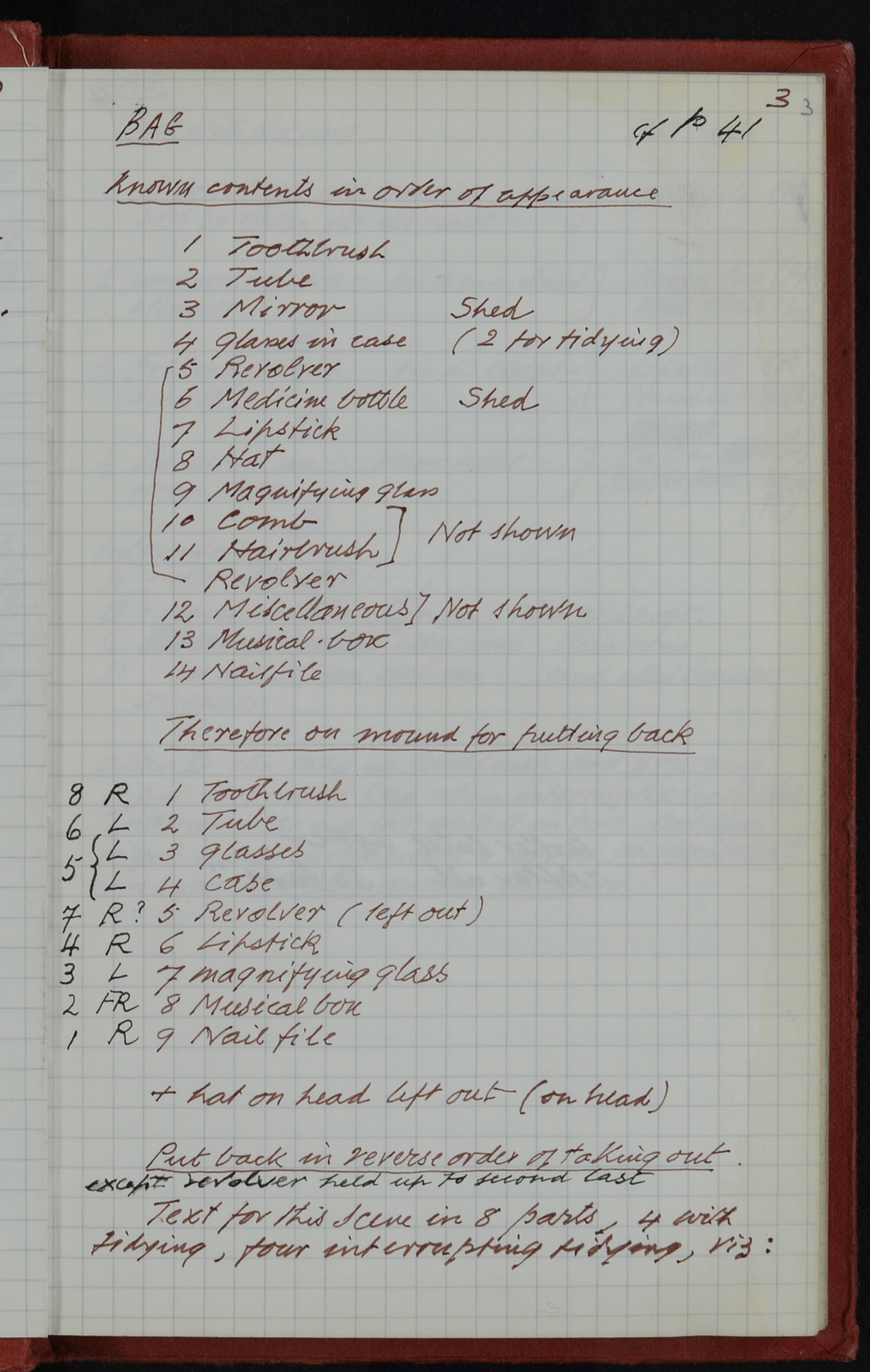Brain Food #826: Assigning meaning to the absurd
Some brief thoughts on Beckett's 'Happy Days'
Thoughts of the day
Irish playwright and poet Samuel Beckett was born on this day in 1906. He was a master of the Theatre of the Absurd, defined by four key characteristics that may seem eerily familiar in the modern world: a world without meaning, the isolation of the individual, devaluation of language, and lack of plot.
Beckett’s play Happy Days is, at first glance, an admittedly bleak representation of life, in which the main character, Winnie, begins the story half-buried on stage in a mound of earth. There is no night, only day, and she is woken every day by the loud sound of a bell. Throughout the play, she carries on attempting to converse with her very laconic partner, Willie, while proclaiming how every day will be a happy one. By the end, Winnie is almost completely buried, nearing her end.
Winnie’s mere proclamations of happiness cannot make a day, or herself, happy. The special moments, the ‘happy days’ never come. Winnie is trapped in her life, and her mound — but is that why she believes every day will be happy, or despite it?
Beckett was preoccupied with the absurdity and polarity of existence; how a moment can be both funny and sad, how the passing of time can signify both life and death. His work and intentions are hard to interpret, and he often refused to provide an explanation or meaning for them. Perhaps his message was this: that to assign meaning to something is a personal endeavour, one that does not belong to the maker, but to the observer, or the participant. The ‘something’ can be a work of art, but also life itself.
Toward the end of the play, Winnie notices the changes around her and within her, even if she has always stayed in the same spot: “To have been always what I am - and so changed from what I was.”
It is a melancholic, important realisation, that through life we are doomed to be ourselves, to stay in the same physical or metaphorical place, while also constantly changing. What makes us happy will also inevitably change with us, and even always escape us. We cannot make a day happy by declaring it so, but in this absurd state, we can at least accept Beckett’s invitation, and be the makers of our own meaning.
The contents of Winnie’s handbag, as listed by Beckett in his notebook, including a toothbrush, a mirror, and a revolver.
Thank you for reading today’s Brain Food, a short newsletter that aims to make you think without taking up too much of your time. Brain Food wouldn’t exist without its readers — if you have just come across it, you can support it by subscribing for free:
For longer thoughts and Brain Food highlights from the archives, visit Medium.

